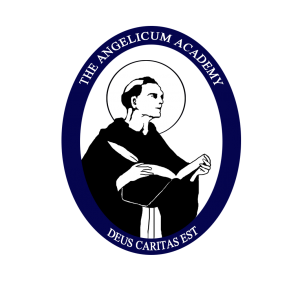THEOLOGY ONLINE FAQs
wes9042020-07-19T21:14:24+00:00WHAT IS THE LIBERAL STUDIES PROGRAM? It is a number of college-level courses coordinated jointly by Ignatius Press and the Angelicum Academy. This coordination is necessary and helpful to students in three ways at least: 1.) it assures them of fixed, certain paths to degrees from accredited colleges which have agreed to accept all or part of their studies in the LIBERAL STUDIES PROGRAM for college credit, which are clearly set forth in formal agreements without the ambiguity often attendant upon transfers or changing institutions of higher learning; 2.) it allows students to begin college-level and college-credit-earning studies while homeschooling or in [...]

